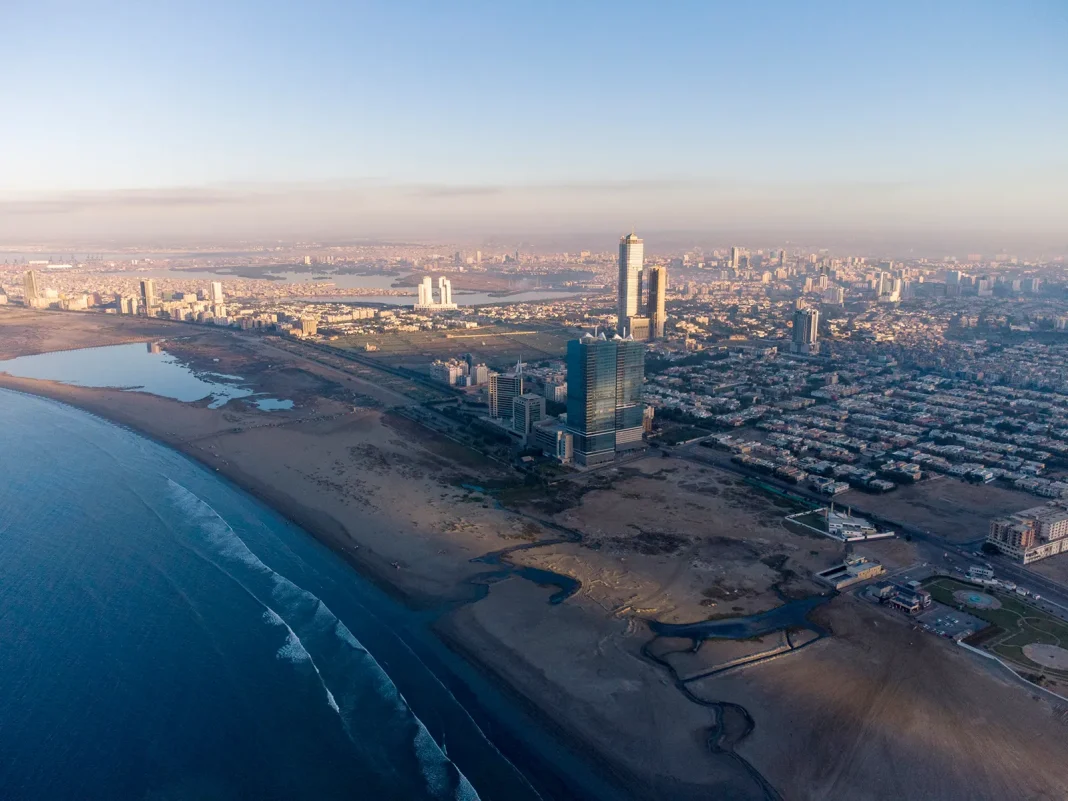ISLAMABAD: Karachi continues to dominate Pakistan’s tax landscape, with its Large Taxpayer Office (LTO) contributing 30.7% of the total revenue collection, leading the nation in income tax, sales tax, customs duty, and federal excise duty. Lahore’s LTO ranked second at 17.1%, followed by Islamabad’s LTO at 14.2%.
Key Tax Collection Figures and Insights
The Federal Board of Revenue’s (FBR) Year Book for 2023-24 highlights a significant increase in total tax revenues:
Direct Taxes
- Direct tax collection reached Rs4,531 billion, marking a 38.5% growth from Rs3,271 billion in FY 2022-23.
- Withholding taxes (WHT), the largest component, increased by 36.5%, totaling Rs2,740 billion.
- Advance tax collection surged 57% to Rs1,530 billion.
- Payments with returns grew 35.8% to Rs162 billion, reflecting improved tax compliance.
- Refunds worth Rs52 billion were issued.
Indirect Taxes
- Indirect taxes contributed 51.3% of total revenue.
- Sales tax collection totaled Rs3,087 billion, a 19% increase.
- Sales tax on imports (STM) grew 17% to Rs1,863.9 billion.
- Domestic sales tax (STD) increased by 22.6% to Rs1,222.8 billion.
- Electrical energy led with 22.5% of STD revenue, driven by tariff hikes, while petroleum product contributions declined.
- Customs duty grew 18.5% to Rs1,104.1 billion, accounting for 12% of total FBR revenues.
- Federal excise duty (FED) increased 56.1%, reaching Rs577.4 billion, with major contributions from cigarettes, cement, beverages, and air travel.
Sectoral Insights
- Electrical energy and POL products are the top contributors, though POL product revenue declined from 11.9% to 9%.
- FED growth was driven primarily by tobacco, construction materials, and travel, reflecting economic trends and policy adjustments.
Conclusion
The sharp rise in tax collection demonstrates improved compliance, enhanced enforcement, and economic growth. However, challenges remain, with declining revenue from key areas like natural gas and petroleum products. Karachi’s leadership in tax contribution highlights its role as Pakistan’s economic powerhouse, with Lahore and Islamabad following.




